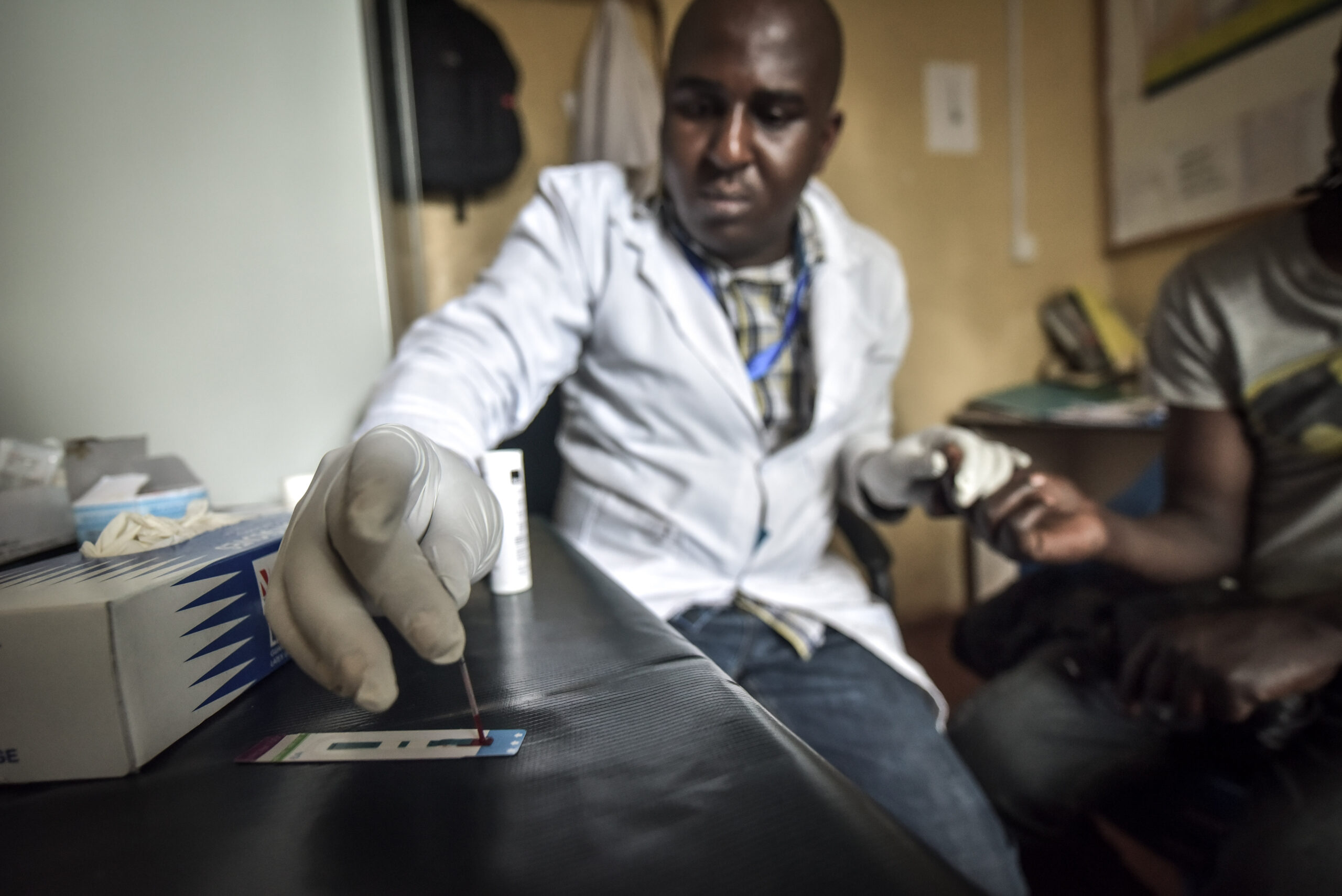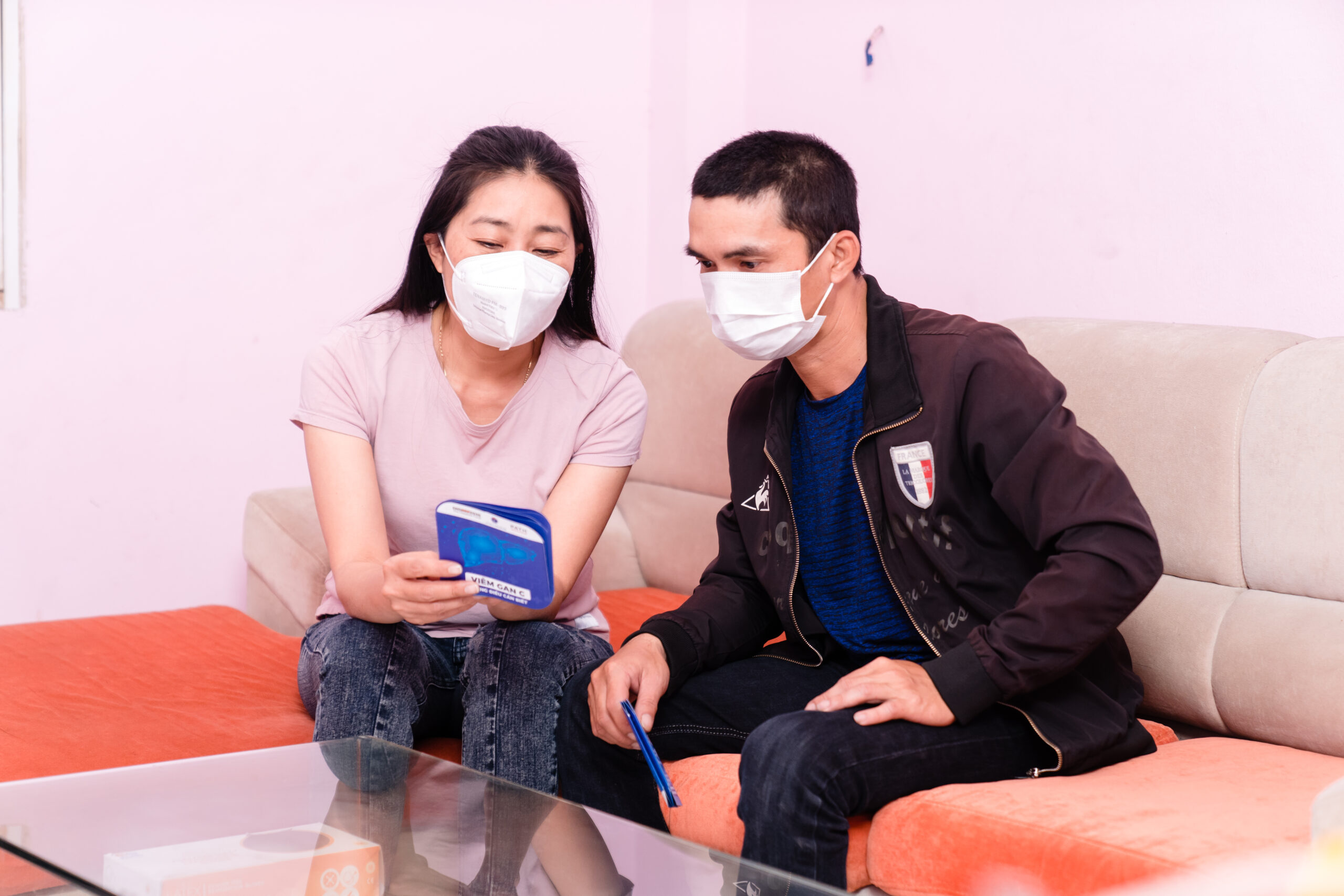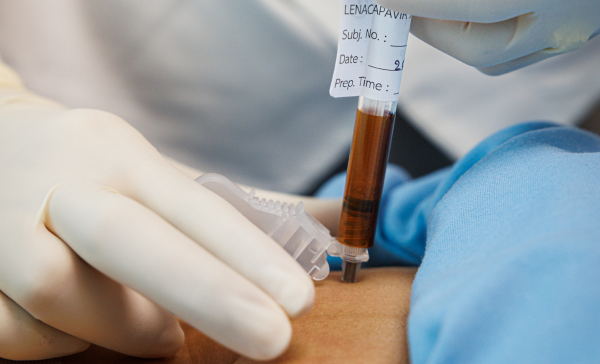The problem
For some people, first-line HIV medicines aren’t the best treatment option. This could be because they have developed or contracted a strain of HIV that is resistant to treatment, because the medicines cause them difficult side effects, or because they have other health conditions that complicate treatment, among other reasons.
Second-line alternatives are therefore essential to ensuring all people can access high quality care for managing HIV. However, when this project began, second-line regimens had a number of limitations that disproportionately impacted resource-limited settings. Drug resistance, previous treatment and known toxicities meant that individuals required tailored second-line regimens of multiple pills taken more than once a day.
Our response
We funded the D²EFT trial with the aim of optimizing second-treatment for people living with HIV in low- and middle-income countries. The trial evaluated two simplified treatment options and found them to be as safe and effective as the previous standard of care.
The randomised, open-label study recruited 831 participants from 14 low- and middle-income countries across Africa, Asia and Latin America.






